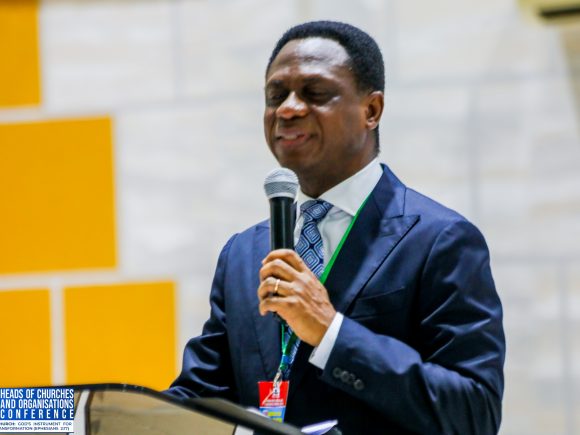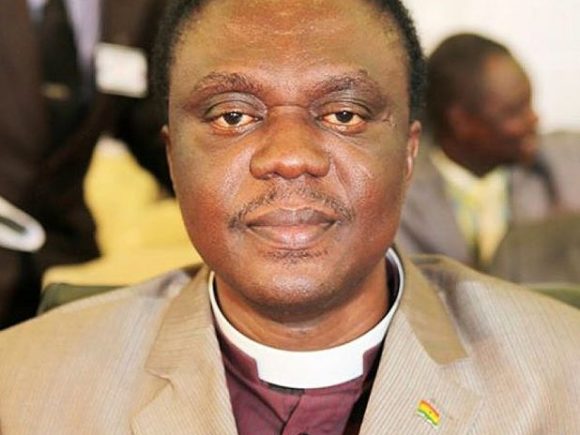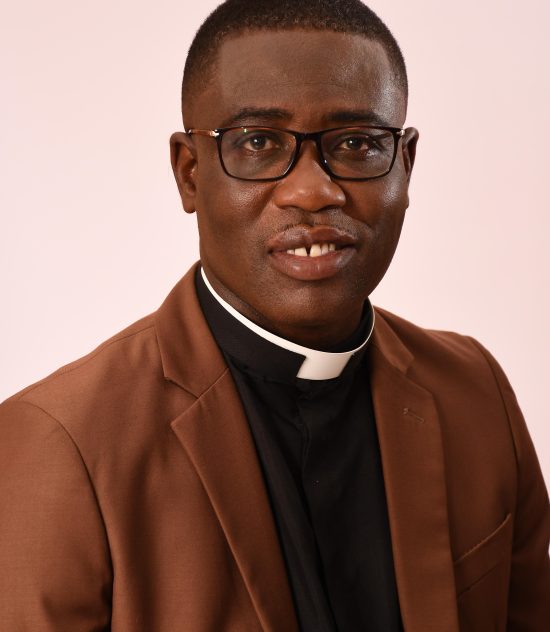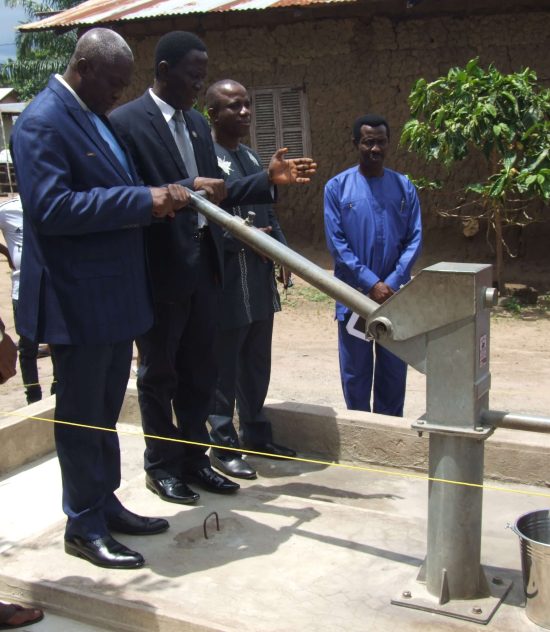
Hope
 Watch Video
Watch Video
Ecumenical Council
Governed by the Pure word of God

Apostle Eric Nyamekye
President's Welcome Address
We believe in the power of unity, the strength of faith, and the transformative potential of community. Our website is a reflection of these beliefs and our commitment to sharing them with you. President of Ghana Pentecostal and Charismatic Council
Unity and Collaboration: Learn about our efforts to promote unity among Pentecostal and Charismatic churches, as we work together to make a greater impact. Boast of over Two Hundred and Seventy (270) member churches with each individual church fully engage in fulfilling the Great Commission of our Lord Jesus Christ.
GPCC is guided by a deep commitment to promoting Christian unity, cooperation, and spiritual growth. Our mission is to foster a sense of togetherness among Pentecostal and Charismatic churches across Ghana, working hand in hand to make a positive impact on our society.
Donate to Support
Become a Donar
₵ 7,550 of ₵ 18,000 raised
Notice: Test mode is enabled. While in test mode no live donations are processed.
Donate to Support the Clean Water
We encourage your cash donations to support the GPCC to provide clean water for the poor and needy, who do not have access to clean water. The goal is to raise Ghs18,000 to achieve the target
41.9%
₵ 18,000.00
Goal
₵ 7,550.00
Raised
16
Region Covered
54
Years of Existence
270
Member Churches 270+
Latest News Blog
Latest News & Articles
Jack0 Comments
GPCC Urges Leaders to Serve with Integrity and Diligence
At the 2025 Conference of Heads of Churches and Organisations, held on February 5, 2025,
Read more
Jack0 Comments
“Let’s Love Ghana in Action, Not Just Words” – Apostle Samuel Obuobi Urges Leaders
The General Secretary of The Church of Pentecost, Apostle Samuel Obuobi, has called on Ghana’s
Read more
Jack0 Comments
“The Church Is Not Silent on Bribery and Corruption” – Apostle Aaron Ami-Narh Declares
The Second Vice President of the Ghana Pentecostal and Charismatic Council (GPCC), Apostle Dr. Aaron
Read more
Jack0 Comments
Celebrating Apostle Eric Nyamekye: A Champion of Peace during Ghana’s 2024 Elections
The Ghana Pentecostal and Charismatic Council (GPCC) celebrates its President, Apostle Eric Nyamekye for demonstrating
Read more
Denis0 Comments
Bishop Jackson Urges Circumspection in Social Media Usage Amid Dual Impact
Bishop Stephen Owusu Jackson, Chairman of Christian Praise International Centre, has called upon the youth
Read more
Outstanding workdone
Find popular causes
Testimonials
What they Say About Us
The GPCC as the largest ecumenical body in Ghana, had been instrumental in promoting unity among member churches and advancing its prophetic voice in nation building through various initiatives

Apostle Eric Nyamekye
President of GPCC
When we are united, God will prosper us to build for the Kingdom of God- Most Rev. Sam

Sam Korankye Ankra
Member
Parents are the primary influencers in a child's life. It is crucial that we take the responsibility of imparting moral values seriously

Apostle Emmanuel Tettey
GPCC General Secretary
Outstanding Services of GPCC
Some Outstanding Activities






Get In Touch





















